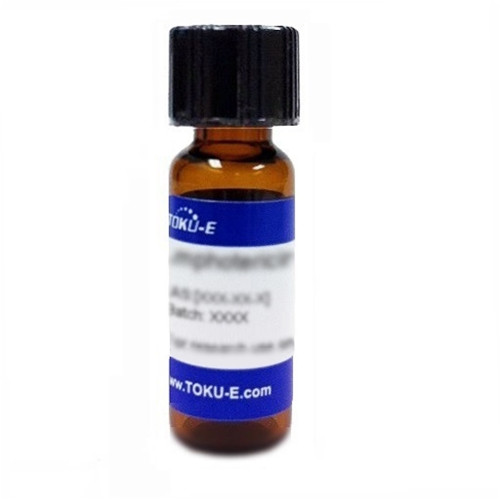Cecropin A is an antimicrobial peptide originally isolated from insects, but now believed to be naturally produced and found in a large variety of organisms including mammals. It has garnered a lot of interest for its broad-spectrum antiparasitic and antibacterial activities. It is also active against fungi, and has cytotoxic effects on cancer cell lines. It is common to find this peptide as part of a fusion protein or the beginnings of a derived series of antimicrobial peptides in new antimicrobial drug research.
TOKU-E also offers:
TOKU-E also offers:
| Mechanism of Action | The antibacterial mode of action for Cecropins is pore-formation based, in which an antimicrobial peptide inserts itself into the bacterial membrane and allows ions to flow freely through, resulting in cell depolarization and death. |
| Molecular Formula | C184H313N53O46 |
| References | Cerón, J. M., Contreras-Moreno, J., Puertollano, E., Cienfuegos, G. Á, Puertollano, M. A., & Pablo, M. A. (2010). The antimicrobial peptide cecropin A induces caspase-independent cell death in human promyelocytic leukemia cells. Peptides, 31(8), 1494-1503. doi:10.1016/j.peptides.2010.05.008 |




